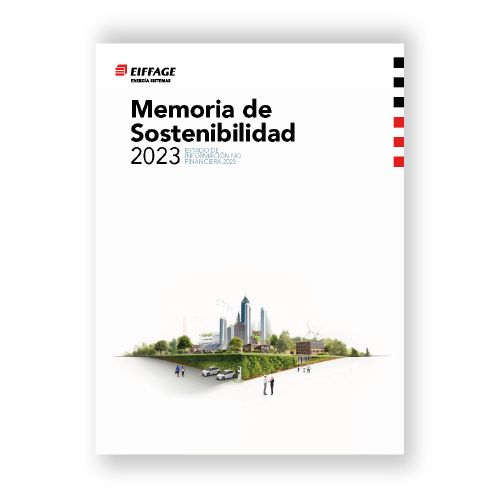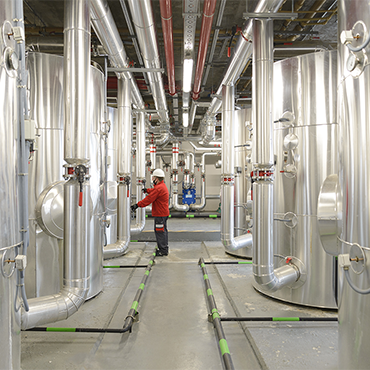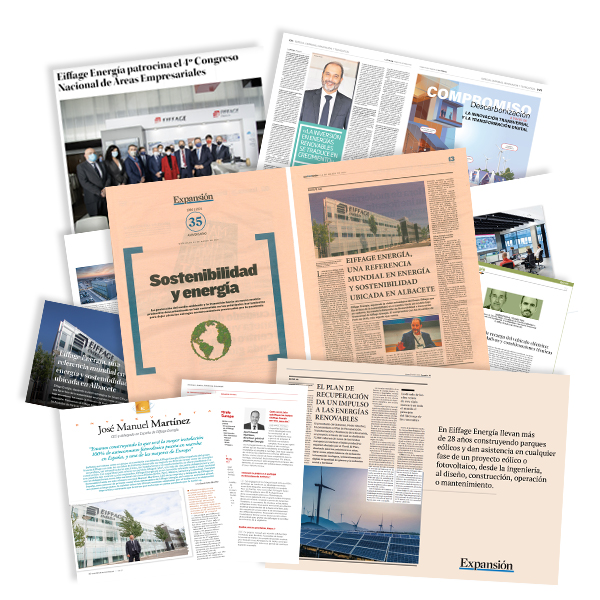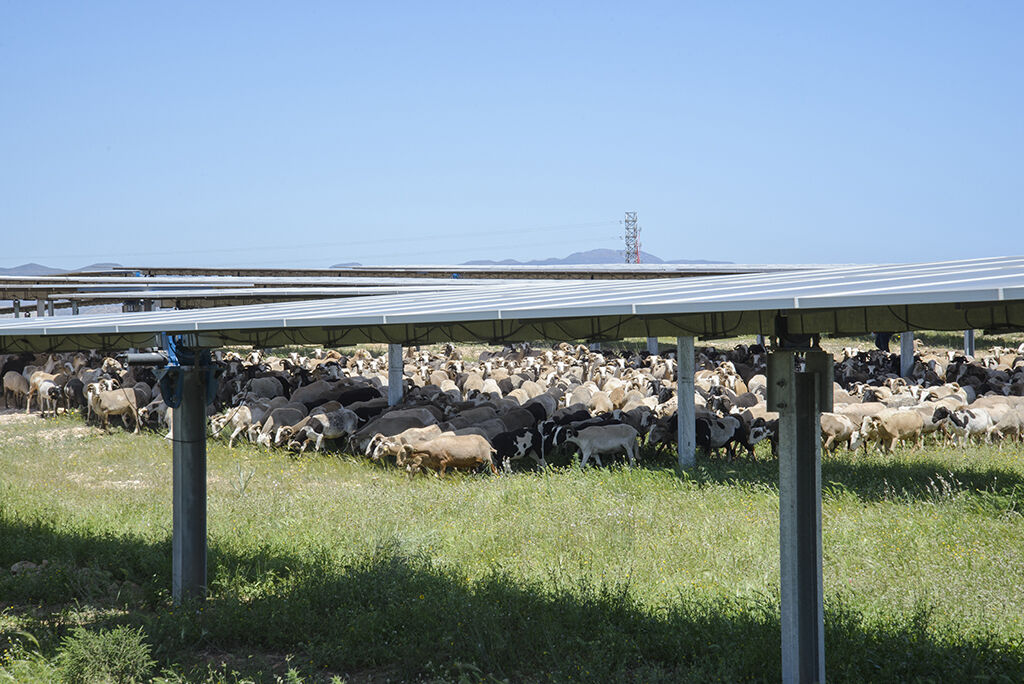The Government has already submitted the Recovery, Transformation and Resilience Plan (RTRP) to Brussels. The objective is to apply for the aid allocated to Spain from the “Next Generation” Funds. The RTRP foresees dedicating 39% of the total planned aid (around 70 billion euros) to promotion and development of one of the Plan’s axes: ecological transition and renewable energies. In an editorial published by Confilegal, Eiffage Energía’s general manager of Sustainability and Transversal Innovation, Santiago Sanjuán, stated that approval of the RTRP, in the context of the ecological transition and renewable energies, “could consolidate what was already a new energy shift for the sector”. In his opinion, the new shift would be based, in effect, on renewable generation, demand management, self-consumption, sustainable mobility, and energy storage, as essential vectors.
Two different ways
In addition, access to European funds for the ecological transition can take place in two different ways. First, part of the funds will reach the companies through subsidies to develop and implement the projects submitted by the companies. This will be carried out under the system of disclosure and competition of offers, in accordance with the provisions of Royal Decree-Law 36/2020, of 30 December, and the Law on Subsidies. In addition, companies will also be able to access a significant portion of European funds through the awarding of public contracts. This will take place in this way, taking into account that a substantial part of the funds received will be managed directly by the public administrations.
Recovery, Transformation and Resiliency Plan Forecasts
An example of this can be found in the RTRP’s provisions regarding the renovation of homes to make them more energy efficient. On this point, the Plan itself already foresees a significant amount for the renovation of public buildings. This is something that can only be done by contracting with qualified companies. In short, we are facing what could be a decisive push towards a green economy, based on the progressive abandonment of fossil fuels and replacing these with clean energies. Its success will require the essential collaboration of the public and private sectors. In this regard, note that the RTRP includes the mandates from Europe that give primacy to the ecological transition and obliges the majority of the Recovery and Resilience Mechanism aid to be dedicated to it.
1.8% increase in GDP by 2030
Thus, during the 2021-2023 triennial, various projects or investment programmes will be implemented to promote Spain’s energy transition. By introducing these measures, an increase of 1.8% of GDP in 2030 is sought, as well as the creation of 250,000 to 300,000 jobs by the same year. It should be recalled that the PNIEC targets are to reduce greenhouse gases by 23% with respect to 1990, to increase renewables by 42% of total gross final energy consumption and increase them to 74% in power generation, and to improve energy efficiency and increase the electrical interconnection of the Member States by up to 15%. These targets will be achieved through a decarbonisation policy focused on investment and subsidies for the development of electric vehicles, the creation of low-emission zones in cities with more than 50,000 inhabitants, improvements in industrial processes, and favouring the penetration of renewable energies.



































